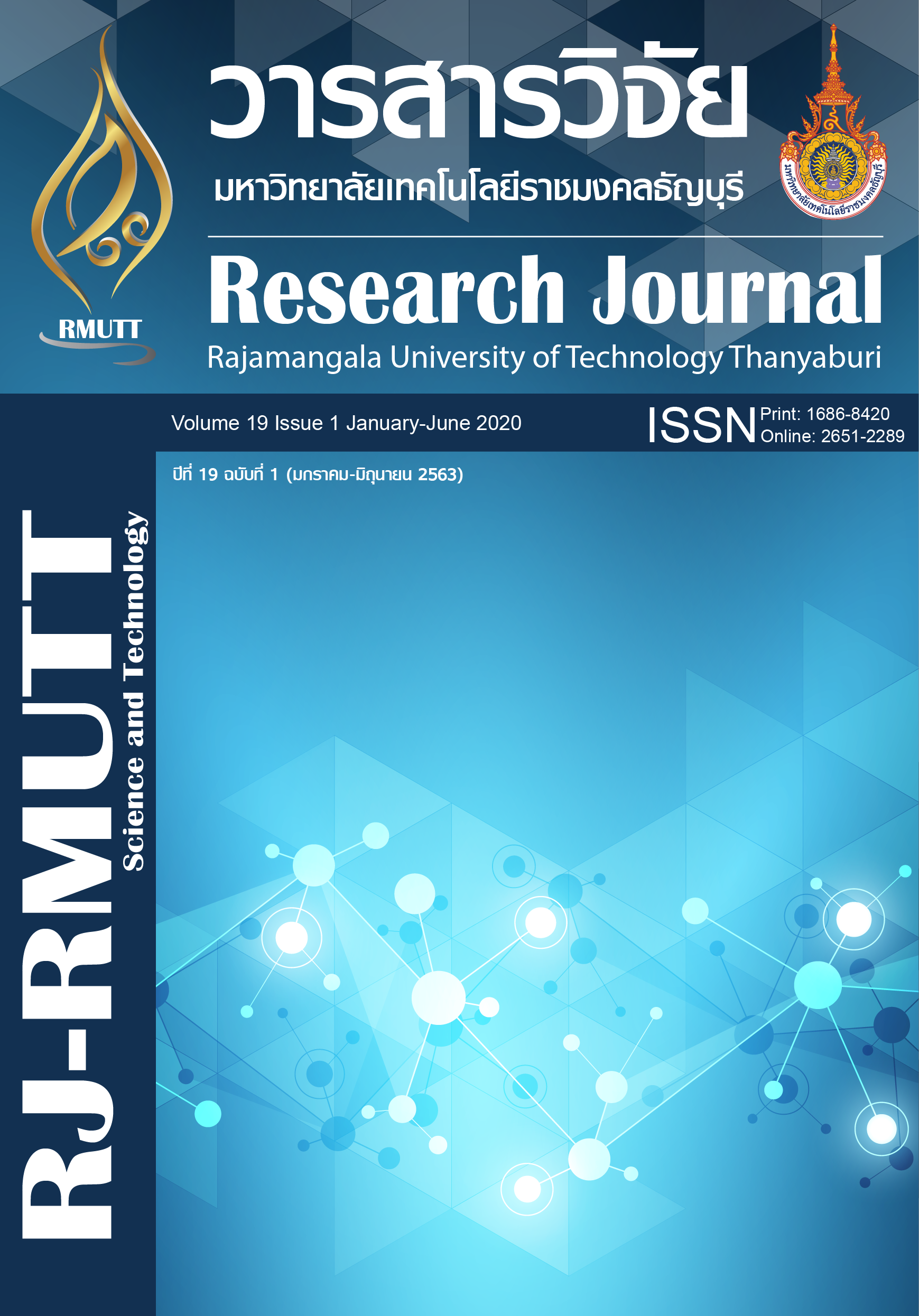Simulation of Shielding Parameters of Some High Entropy Alloys Containing Energies for Gamma Ray and Fast Neutron
Main Article Content
Abstract
This work explains the theoretically radiation shielding of alloy materials by using WinXCom software program at energies ranging 1 keV-100 GeV and the density of alloy was computed by rule of mixture (ROM). The radiation shielding properties of some high entropy alloys (HEAs) were found dependent on energies ranging. At low energies ranging, the mass attenuation coefficient presented many intermittent shifts in accordance with the photoelectric effect absorption edges. At intermediate energies ranging, the mass attenuation coefficient value is nearly constant, and the effective atomic number was nearly the mean atomic number as the Compton scattering is main process. At high energies ranging, the pair production is main process and tends to be constant at high energies ranging. The effective atomic number and the electron density of alloy had the opposite tend. The mean free path and the half value layer had the same behavior. Among the selected alloys, the alloy only in composite Co-Cr-Fe-Ni was found to possess superior radiation shielding effectiveness due to its higher values of both the mass attenuation coefficient and the effective atomic number and lower values of the electron density, the mean free path and the half value layer. In addition, the fast neutron removal cross-section was evaluated and discussed. It is found that the fast neutron removal cross–section values for the studied alloys in composite Co-Cr-Fe-Ni had highest value. The computation was useful for the potential application of alloys containing energies in the field of gamma-ray and neutron shielding medium.
Article Details

This work is licensed under a Creative Commons Attribution-NonCommercial-NoDerivatives 4.0 International License.
References
Qiu Y, Thomas S, Fabijanic D, Barlow AJ, Fraser HL, Birbilis N. Microstructural evolution, electrochemical and corrosion properties of AlxCoCrFeNiTiy high entropy alloys. Mater Design. 2019;170:107698.
Alijani F, Reihanian M, Gheisari Kh. Study on phase formation in magnetic FeCoNiMnV high entropy alloy produced by mechanical alloying. J Alloy Compd. 2019;773:623-30.
Chen LB, Wei R, Tang K, Zhang J, Jiang F, Sun J. Ductile-brittle transition of carbon alloyed Fe40Mn40Co10Cr10 high entropy alloys. Mater Lett. 2019;236:416-19.
Jiang H, Jiang L, Qiao D, Lu Y, Wang T, Cao Z, et al. Effect of Niobium on Microstructure and Properties of the CoCrFeNbxNi High Entropy Alloys. J Mater Sci Technol. 2017;33:712-7.
Vishwanadh B, Vaibhav K, Jha SK, Mirji KV, Samajdar I, Srivastava D, et al. Development of Nb-1%Zr-0.1%C alloy as structural components for high temperature reactors. J Nucl Mater. 2012;427:350-8.
Li X, Cheng Z, Hu K, Chen H, Yang C. Crystallization kinetics and spark plasma sintering of amorphous Ni53Nb20Ti10Zr8Co6Ta3 powders prepared by mechanical alloying. Vacuum. 2015;114:93-100.
Vishwanath PS, Badiger NM. Gamma ray and neutron shielding properties of some alloy materials. Ann Nucl Energy. 2014;64:301-10.
Jin W, Wu G, Li P, Paul KC. Improved corrosion resistance of Mg-Y-RE alloy coated with niobium nitride. Thin Solid Films. 2014;572:85-90.
Ruengsri S, Insiripong S, Sangwaranatee N, Kaewkhao J. Development of barium borosilicate glasses for radiation shielding materials using rice husk ash as a silica source. Prog Nucl Energ. 2015;83:99-104.
Mostafa AMA, Issa SAM, Sayyed MI. Gamma ray shielding properties of PbO-B2O3-P2O5 doped with WO3. J Alloy Compd. 2017;708:294-300.
Singh H, Sharma J, Singh T. Extensive investigations of photon interaction properties for ZnxTe100-x alloys. Nucl Eng Technol. 2018;50:1364-71.
Kaur S, Singh KJ. Investigation of lead borate glasses doped with aluminium oxide as gamma ray shielding materials. Ann Nucl Energy. 2014;63:350-54.
Dong MG, Xue XX, Elmahroug Y, Sayyed MI, Zaid MHM. Investigation of shielding parameters of some boron containing resources for gamma ray and fast neutron. Results Phys. 2019;13:102-29.
Xiang C, Han EH, Zhang ZM, Fu HM, Wang JQ, Zhang HF, et al. Design of single-phase high-entropy alloys composed of low thermal neutron absorption cross-section elements for nuclear power plant application. Intermetallics. 2019;104:143-53.
Limkitjaroenporn P, Kaewkhao J, Chewpraditkul W, Limsuwan P. Mass Attenuation Coefficient and Effective Atomic Number of Ag/Cu/Zn Alloy at Different Photon Energy by Compton Scattering Technique. Procedia Engineer. 2012;32:847-54.
Khobkham C, Limkitjaroenporn P, Shimada K, Kaewkhao J, Chaiphaksa W. Photon interaction behavior of zirconium alloy materials. Materials Today: Proceedings. 2018;5:14928-32.
Kumar A. Gamma ray shielding properties of PbO-Li2O-B2O3 glasses. Radiat Phys Chem. 2017;136:50-3.
Chanthima N, Kaewkhao J. Investigation on radiation shielding parameters of bismuth borosilicate glass from 1 keV to 100 GeV. Ann Nucl Energy. 2013;55:23-8.
Kaur K, Singh KJ, Anand V. Structural properties of Bi2O3-B2O3-SiO2-Na2O glasses for gamma ray shielding applications. Radiat Phys Chem. 2016;120:63-72.
El-bashir BO, Sayyed MI, Zaid MHM, Matori KA. Comprehensive study on physical, elastic and shielding properties of ternary BaO-Bi2O3-P2O5 glasses as a potent radiation shielding material. J Non-Cryst Solids. 2017;468:92-9.
Dong MG, Sayyed MI, Lakshminarayana G, Çelikbilek Ersundu M, Ersundu AE, Nayar P, et al. Investigation of gamma radiation shielding properties of lithium zinc bismuth borate glasses using XCOM program and MCNP5 code. J Non-Cryst Solids. 2017;468:12-6.
Vishwanath PS, Badiger NM, Chanthima N, Kaewkhao J. Evaluation of gamma-ray exposure buildup factors and neutron shielding for bismuth borosilicate glasses. Radiat Phys Chem. 2014;98:14-21.
Oto B, Yıldız N, Korkut T, Kavaz E. Neutron shielding qualities and gamma ray buildup factors of concretes containing limonite ore. Nucl Eng Des. 2015;293:166-75.


